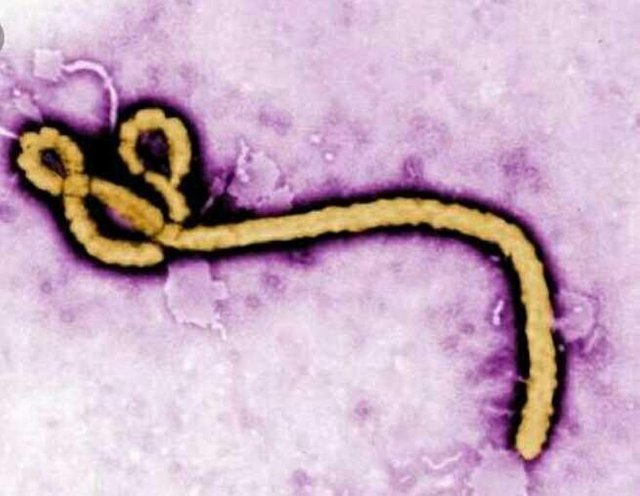Ebola's disease Part One

Ebola became the center of the world's attention because of the recent epidemic. This epidemic was recorded as the highest in history by WHO. To date, no Ebola cases have been found in Indonesia. But the vigilance must still we improve in order to avoid this deadly disease.
The disease is caused by a virus and can be fatal if it is not treated immediately. Ebola was first discovered in 1976 in Sudan and Congo. Experts suspect that the Ebola virus already lives in the body of fruit-eating bats or codots. The virus then spread to other animals and possibly infect humans through the blood as they clean up the blood of contaminated game animals.
Spread of Ebola Virus
Ebola is a deadly disease caused by a virus and spreads through direct contact with blood or body fluids of the patient such as urine, stool, saliva, and semen. In this case, 'direct contact' means blood or other body fluids such as saliva or snot of the patient directly touching the nose, eyes, mouth, or open wound.
Groups of people who are at high risk of contracting the virus are generally families who live at home with patients or people who care for patients such as medical personnel. If any of your family members are suspected of having Ebola, you should not take care of him yourself at home and immediately take him to the hospital. During the treatment, Ebola sufferers will undergo rigorous monitoring and routine laboratory examination because they can still transmit the disease as long as the blood and body fluids still contain the virus.
The environment surrounding contaminated Ebola virus is also at risk of transmitting the disease. For example, clothes, sheets, and hypodermic needles. Therefore, the medics treating Ebola sufferers need to increase alertness and maximize the protection used.
Ebola virus can survive outside the body, including the skin of the patient. Therefore, the funeral tradition that requires family or close friends to bathe the body also has the potential to transmit Ebola virus. Family and medical personnel are advised to handle the body of Ebola sufferers with maximum protection. The funeral process should be left to the trained side of this type of case.
Unlike flu cases or chicken pox when the airborne saliva can transmit the virus to other people, Ebola's body fluids need immediate contact for contagion. Droplets of saliva or snot of Ebola sufferers who accidentally sneeze or cough can only transmit the virus if exposed to the nose, eyes, mouth, and open wounds of a person. Therefore, the spread of Ebola through coughing or sneezing is not common.
Although rare, Ebola contagion can also occur in public places other than in hospitals such as airports, restaurants, schools, and offices.
#familyprotection is a reserved tag which is only for posts that fit the requirements of the @familyprotection community account.
Please remove the 'familyprotection' tag from this post as it does not fit the requirements as explained in the link below.
more info: -- https://steemit.com/familyprotection/@markwhittam/before-using-the-familyprotection-tag-please-read-this